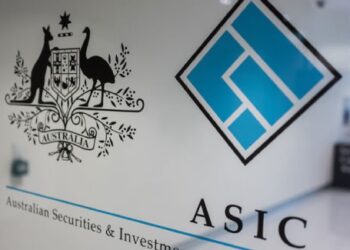In a statement accompanying its submission to the Tax White Paper, SMSFOA argued that the policy challenge for the government should not be how to extract more tax revenue from superannuation to fix budget problems or to respond to those who claim the current system is unfair.
“Our submission says governments must recognise that by far the largest component of people’s retirement income from super is funded by their own savings and the earnings on their savings,” said SMSFOA executive director Duncan Fairweather.
He argued that while the age pension is important for people on less than average weekly earnings, accumulated earnings on self-funded pensions and the small contribution that tax concessions make are significant for funding super.
“For all income ranges, superannuation tax concessions make up only a small portion of the source of retirement income,” he said.
“The key point here is that the tax incentives should provide the incentive for people to save rather than spend their own money during their working life and so is a much better use of government funds than 100 per cent taxpayer funding of the age pension.”
Despite this, Mr Fairweather said there are three ways in which the earnings on super savings could be improved.
One improvement to the system, according to SMSFOA, could be to strengthen competition and choice among fund managers and investment product providers.
The lobby group is also advocating the simplified operation and administration of super and a reduction in the taxation of superannuation earnings as mentioned in the Henry Report.
The SMSFOA submission called for a ‘TEE’ superannuation system whereby contributions are progressively taxed but earnings and pensions are tax-free.
“Under this TEE system, contributions are included in an individual’s taxable income and thus taxed at progressive income tax rates, with a flat percentage tax rebate,” said Mr Fairweather.
“This system is more effective than the current one at the same cost to the government.”
SMSFOA said that if a structural change to the taxation of superannuation is to be seriously considered as part of the Tax White Paper process, then a closer examination of the benefits of a TEE system is warranted.
“We do not accept that a review of superannuation necessarily implies an increase in taxes on super,” said Mr Fairweather.
“A thorough review should consider improvements that can be tax neutral to the Government.”
SMSFOA sends a clear message to the government, he said.
“If changes are made to superannuation, make sure they lead to a simpler and more efficient superannuation system designed to ensure more Australians are able to and are encouraged to save for their comfortable retirement,” Mr Fairweather said.


